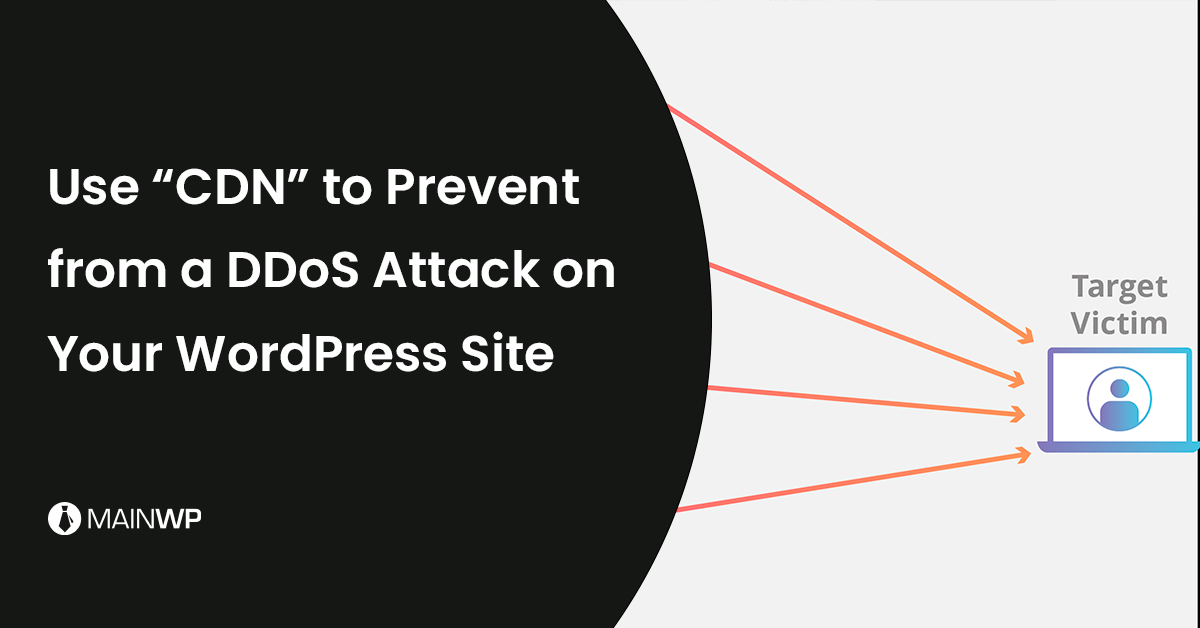With the Distributed Denial of Service (DDoS) attacks leveled at sites and hosting providers, it is essential to know how to protect your site. DDoS could be explained as a method an attacker uses to target multiple host servers or a specific site server by sending more data than it can respond.
During a DDoS attack, bandwidth can be very heavily increased on the site server since it will consume all incoming and outgoing bandwidth.
If the DDoS attack is being targetted at your site’s host they will try to control the attack since it would be affecting all customer sites on the specific servers and over multiple servers.
Ideally, if you are using a CDN provider that includes DDoS protection, you would be able to enable the under attack mode. Cloudflare is a solid CDN provider which by using the service and name servers, your original server IP would be masked and replaced with an IP address provided by Cloudflare.
Since your server IP is being proxied to Cloudflare attacking, it will not be possible to know the original server IP for attacking it. If the actual server IP address is found, it would make it much harder to change the IP address during a DDoS attack.
Enabling a CDN during a DDoS attack would take longer than expected because you need to wait for Name Servers to propagate.
Cloudflare comes with a Web Application Firewall (WAF) on paid plans which would be enabled if your site is suffering from a DDoS attack. Cloudflare also includes rate limiting, which can restrict how often wp-login.php or your renamed login URL using a one-click protect your login tool.
Most CDN providers such as KeyCDN, Sucuri, MaxCDN, and StackPath all come with ways to protect your site.
Making sure your site is already using a solid CDN provider that comes with WAF and DDoS mitigation options will allow you to deal with DDoS site issues if it does happen to your site.
Useful links
- https://support.cloudflare.com/hc/en-us/articles/200170076-Understanding-Cloudflare-Under-Attack-mode-advanced-DDOS-protection-
- https://support.cloudflare.com/hc/en-us/articles/200170196-Responding-to-DDoS-attacks
- https://support.cloudflare.com/hc/en-us/articles/200170166
- https://support.cloudflare.com/hc/en-us/articles/200172676
- https://support.cloudflare.com/hc/en-us/articles/200172016-What-does-the-Web-Application-Firewall-WAF-do-
- https://sucuri.net/ddos-protection/
- https://docs.sucuri.net/definitions/attacks/distributed-denial-of-service-attacks/
- https://www.keycdn.com/support/ddos-attack







